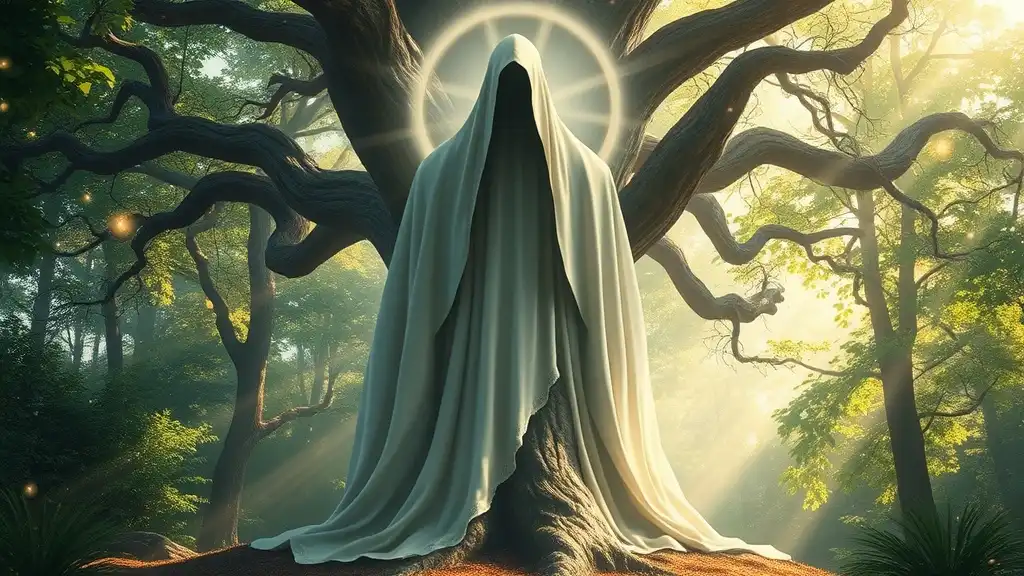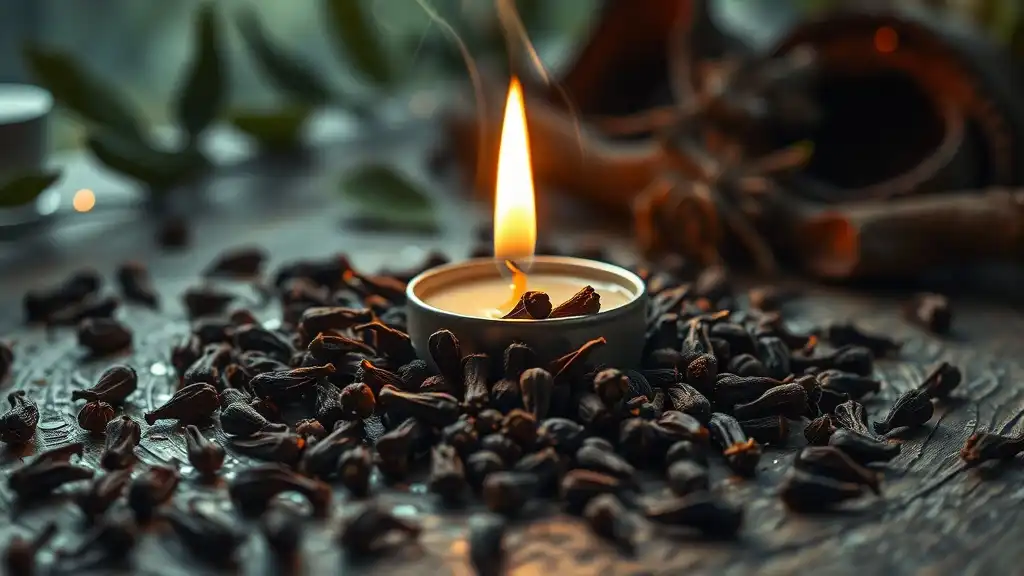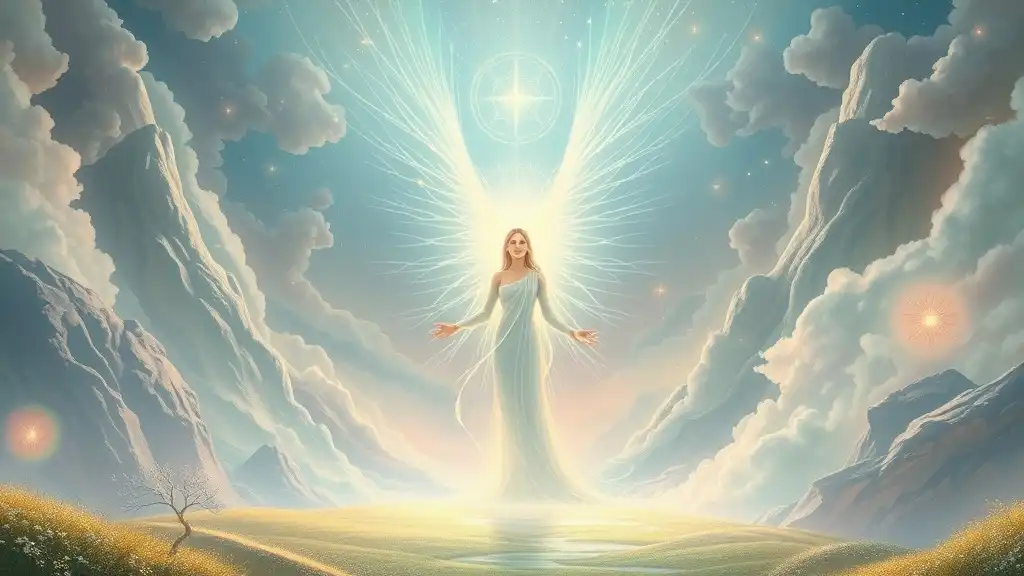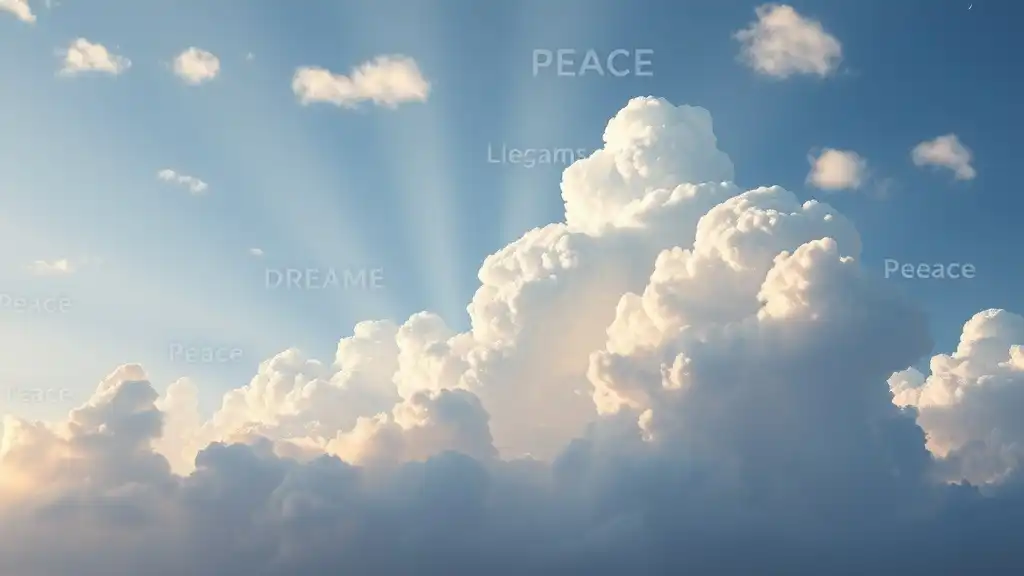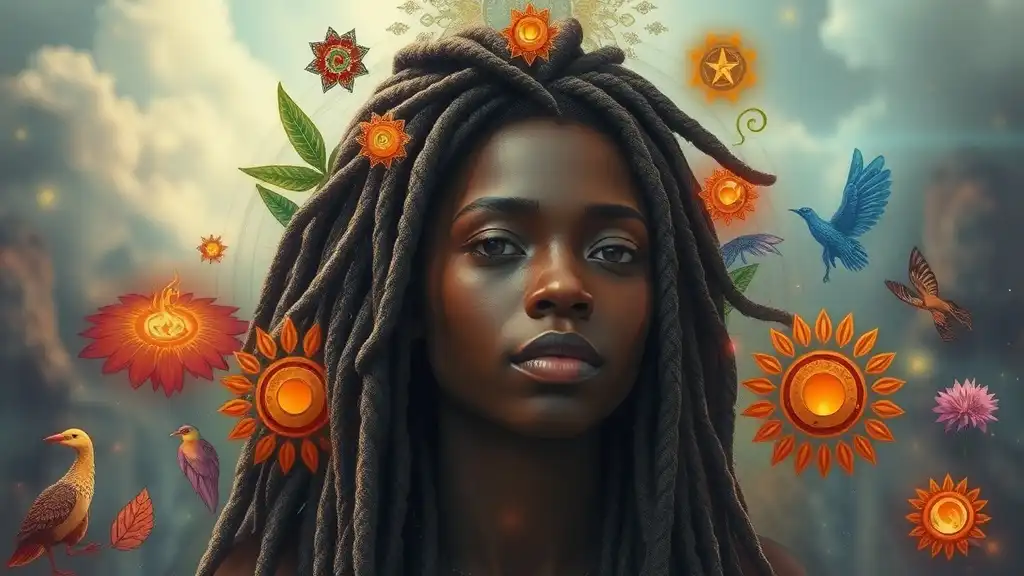Cloaks have adorned the shoulders of individuals throughout history, serving not just as garments but symbols rich with meaning across various cultures. From the nomadic tribes to the emperors, cloaks carry with them layers of spiritual significance that transcend their physical form.
Historical Context of Cloaks
Ancient Civilizations
In ancient Rome and Greece, cloaks were integral to daily life. Romans, particularly, viewed the toga as an emblem of citizenship, dignity, and status. The toga's transformation into a cloak-like garment marked the wearer as someone of importance and adherence to societal order. Similarly, in ancient Greece, the chiton evolved into a cloak-like attire that represented freedom and individuality. These garments played pivotal roles in various rituals, ceremonies, and even in expressing political viewpoints.
Cloaks in Spiritual Practices
Cloaks have a unique role in spiritual practices across different religions. In many Indigenous cultures, cloaks are often woven from sacred materials, embodying the spirit of the earth. Rituals involving cloaks can bring about deepest connections with ancestry, invoking the power of previous generations. In Christianity, the imagery of Jesus draping himself in a cloak symbolizes humility and servitude, highlighting the essence of spiritual leadership.
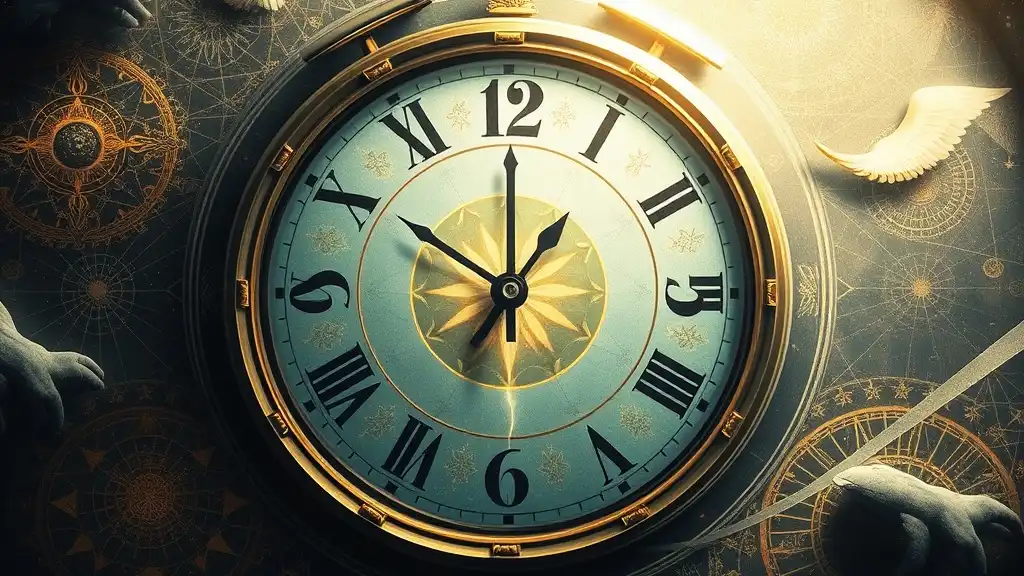
Symbolism of the Cloak
Protection and Safety
One of the most prominent interpretations of the cloak is its representation of protection. The cloak acts as a barrier against external negativity, shielding the wearer from harm. This concept can be seen in various spiritual practices, where individuals might wear cloaks during rituals for added security. The act of wrapping oneself in a cloak can evoke feelings of safety and comfort, creating a personal safe space amidst chaos.
Transformation and Change
Cloaks are also powerful symbols of transformation. Just as a caterpillar sheds its skin to emerge as a butterfly, wearing a cloak can represent the act of shedding outdated identities or negative energies. The metaphor of cloaks in spiritual journeys emphasizes the continuous cycle of change, encouraging individuals to embrace their evolving selves. Wearing a cloak during meditative practices serves as a powerful tool to facilitate this transformation, helping to signify the embrace of new beginnings.
Identity and Masks
Moreover, cloaks can represent the duality of identity. Acting both as a mask and protector, they provide a way to explore hidden aspects of the self. In many cultures, cloaks symbolize cultural identity; wearing traditional cloaks can evoke feelings of belonging and connectedness. However, cloaks can also be seen as a mask, used to conceal inner turmoil or societal expectations. This duality invites self-reflection and encourages individuals to confront their true identities.

Spiritual Meaning of Wearing a Cloak
Feeling Grounded and Centered
Donning a cloak can profoundly affect one's energy flow, grounding the individual and centering their spirits. The enveloping nature of a cloak creates a cocoon that minimizes distractions, allowing for deeper introspection. When worn during meditation or spiritual practices, cloaks can enhance the connection to the earth, establishing a bridge between the spirit and the physical realm.
Connection to the Divine
Historically, the symbolism of cloaks eliminates the barrier between the wearer and the divine. Those who have worn cloaks—shamans, priests, and spiritual leaders—often find their cloaks serve as a medium through which they can channel divine energy. The tactile experience of wrapping oneself in a sacred cloak allows individuals to tap into their higher selves, constructing a deeper connection with the universe. This spiritual lineage continues to resonate in modern practices, where the act of wearing a cloak can open the pathways to the divine.

The Cloak in Modern Spirituality
Cloaks in Contemporary Spiritual Practices
As the millennium continues to unfold, cloaks are making a remarkable comeback in various spiritual practices. New-age spirituality often embraces the cloak as a canvas for self-expression. Individuals create or select cloaks that resonate with their personal journeys, blending ancient wisdom with modern aesthetics. This adaptation encourages the exploration of one's spirit through vibrant colors and symbolic designs, strengthening the connection to ancient traditions.
Personal Empowerment Through Cloaks
Choosing or crafting a cloak for personal spiritual use serves as an empowering ritual. Individuals can draw upon their heritage or personal experiences, imbuing their cloaks with meaningful symbols unique to their journey. Cloaks can manifest as shields, statements of self, or reminders of transformation. The transformative powers of personal symbolism carried within a cloak can lead to a deepened sense of purpose and direction in one's spiritual path.

Conclusion
In summary, the cloak is a multi-dimensional symbol that carries with it significant spiritual meaning—from protection to transformation, identity to divine connection. Encouraging personal exploration and connection to the divine, cloaks remain relevant in both historical and modern spiritual practices. The journey of understanding and embodying the symbolism of a cloak offers an invitation to dive deeply into the self, exploring your own connection with tradition, identity, and the greater universe. Embrace the cloak, and you may find it becomes a vital part of your own spiritual evolution.

